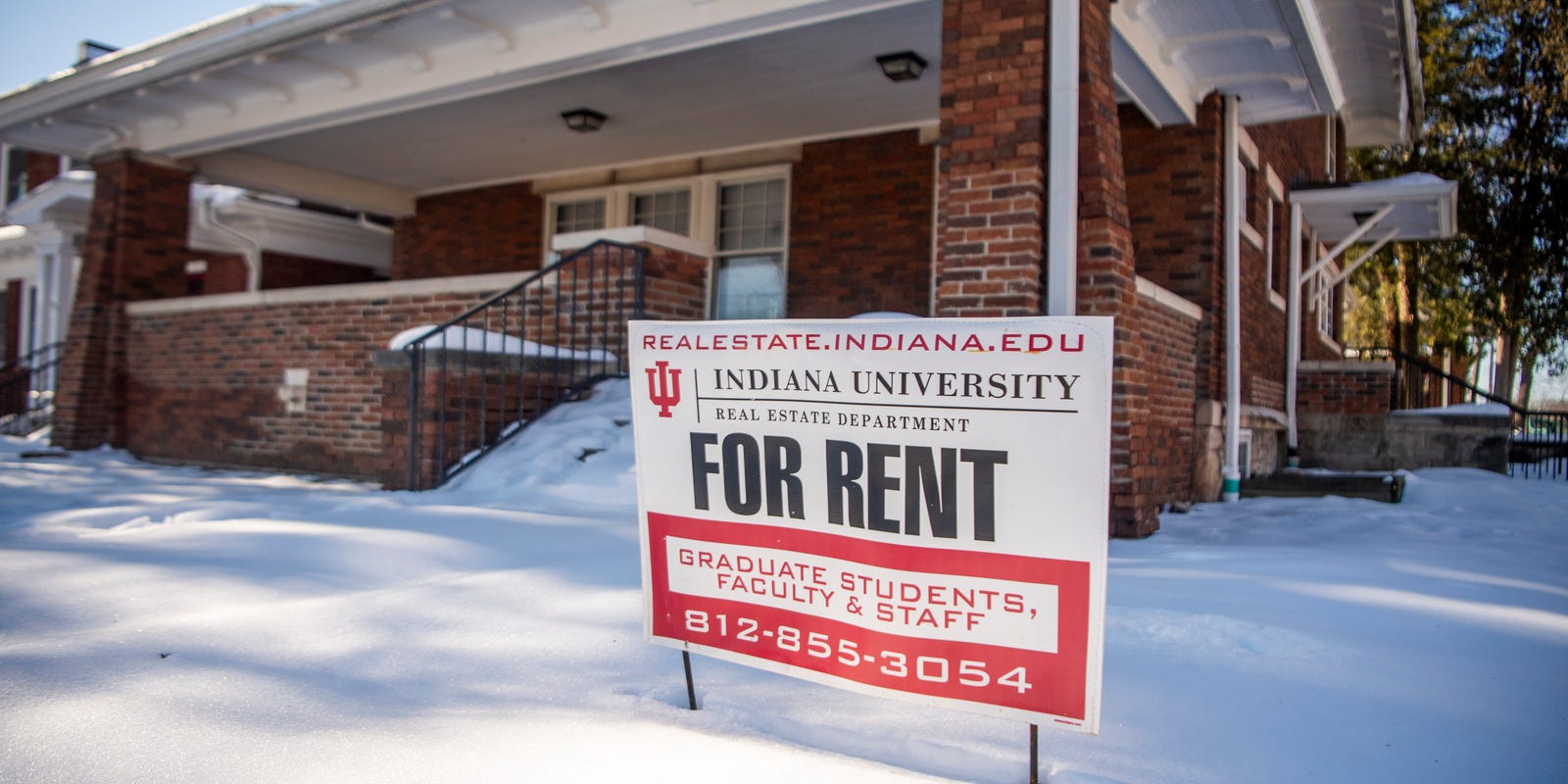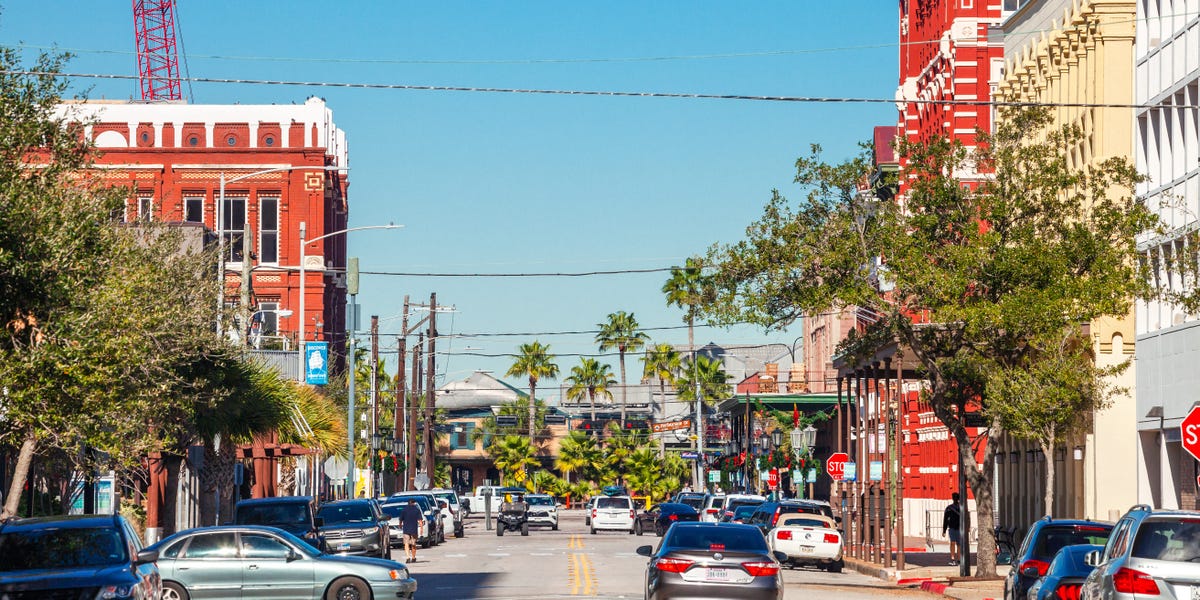I
ndiana University's rental properties have been a subject of concern, with dozens sitting vacant for months or years. IU Real Estate owns over 150 properties in the downtown and College Mall areas, which are rented exclusively to graduate students, faculty, and staff. As a public institution, IU doesn't pay property taxes on its housing rentals, saving it between $5,000 and $10,000 annually.
While most of IU's rental homes are consistently occupied each year, several properties have spent 12 to 28 months vacant in recent years. An analysis by The Herald-Times found that 11 currently available properties have been empty for over a year, with one sitting unoccupied since August 2022.
Housing experts say vacant housing not only takes properties off the market for non-IU affiliated renters but also contributes to driving up the cost of rent in the area. IU's housing surplus dates back to the 2008 housing market crash, when investment firms bought up cheap housing across the country, hoping to turn a profit later.
Patricia Basile, an IU geography professor and tenant advocacy group co-founder, notes that IU's rental properties are likely being treated as financial assets, with the goal of eventually reselling them for profit. As a large financial arm that doesn't pay property taxes on its real estate, IU might not worry about long-term vacancy in the same way other landlords would.
IU spokesperson Mark Bode said the university manages 159 rental properties adjacent to campus with over a 90% occupancy rate. However, even unoccupied properties can have an impact on area median rent, as the rental rates set by IU influence how other landlords price their units.
Noah Render, a member of Bloomington Cooperative Living, says IU's vacant properties could be better used to address the city's affordable housing crisis. BCL operates five co-op houses in the downtown area, where people share costs on rent, utilities, and groceries. Despite growing demand, BCL has been unable to accept all applicants due to limited space.
James Kelly, a University of Notre Dame law professor specializing in community development law, suggests that IU may be loading up on housing in anticipation of growing enrollment rates, rather than intentionally keeping properties vacant. However, this could have unintended consequences, such as accelerating the rental housing increase in the area.














